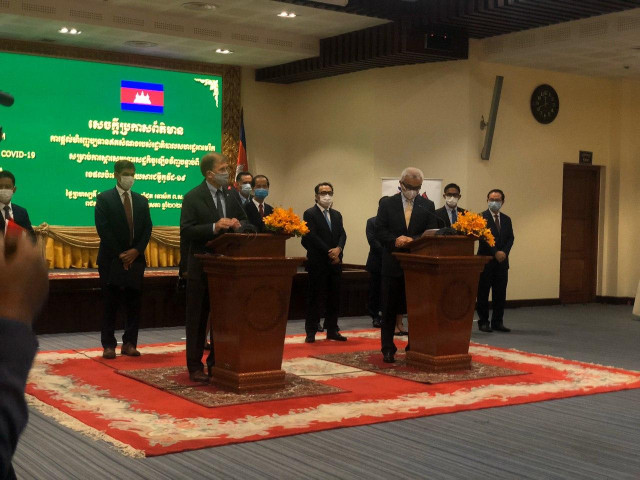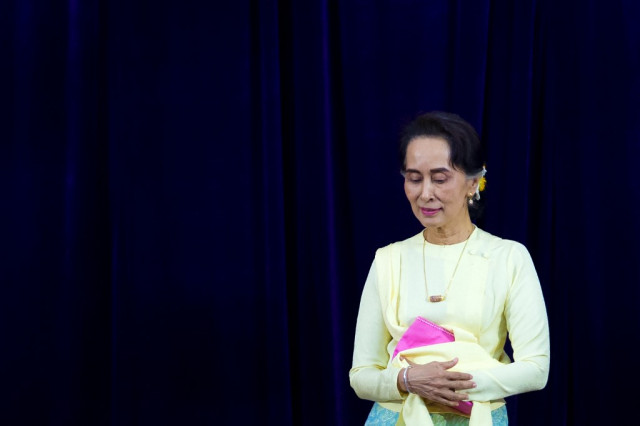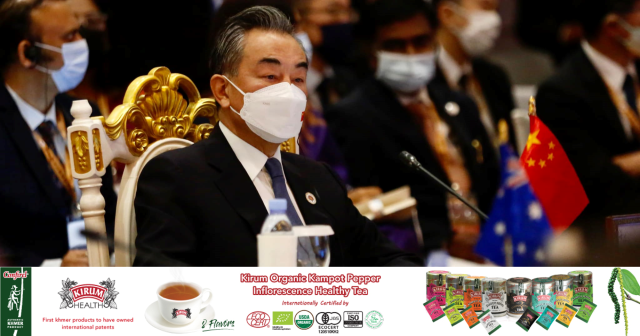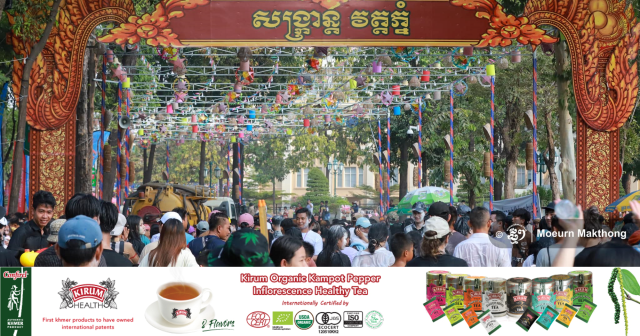The U.S. Commits $7.5 million for Cambodia’s Programs during COVID-19

- Jazmyn Himel
- May 21, 2020 9:03 AM
The grant is to focus on helping people economically affected by the pandemic
PHNOM PENH—US Ambassador Patrick Murphy announced Thursday (May 21) that the United Stated will grant $7.5 million to Cambodia to support the country’s programs to curb the effects of the Coronavirus Disease 2019 (COVID-19) pandemic on the health as well as economic front.
“We have responded to the COVID crisis since the onset of the pandemic with $3.5 million dollars contributed to the efforts here in Cambodia,” Murphy said during a press conference at the Ministry of Economy and Finance.
While a portion of this grant is meant to go toward curbing the spread of the disease—including testing and public information—Murphy said, “[a] very significant portion of this new funding is focused on economic recovery.
“We all know that the pandemic has caused economic challenges for the livelihoods of the population,” he said. “And $5 million of this grant…will be dedicated to helping those at risk, those who are vulnerable and those who are feeling the economic impact of the global pandemic.”
Minister of Economy and Finance Aun Porn Moniroth said that this targeted and timely assistance would help Cambodia deal with the effects of COVID-19, which not only has had a serious impact on public welfare, but has also threatened social and economic development in Cambodia as well as throughout the world.
In a press release, the US Embassy said that short and medium-term relief measures supported through this grant will help people, the text read, “susceptible to immediate and severe economic impact including farmers, agricultural producers, tourism/hospitality staff, factory and informal workers, and those vulnerable to trafficking.”















